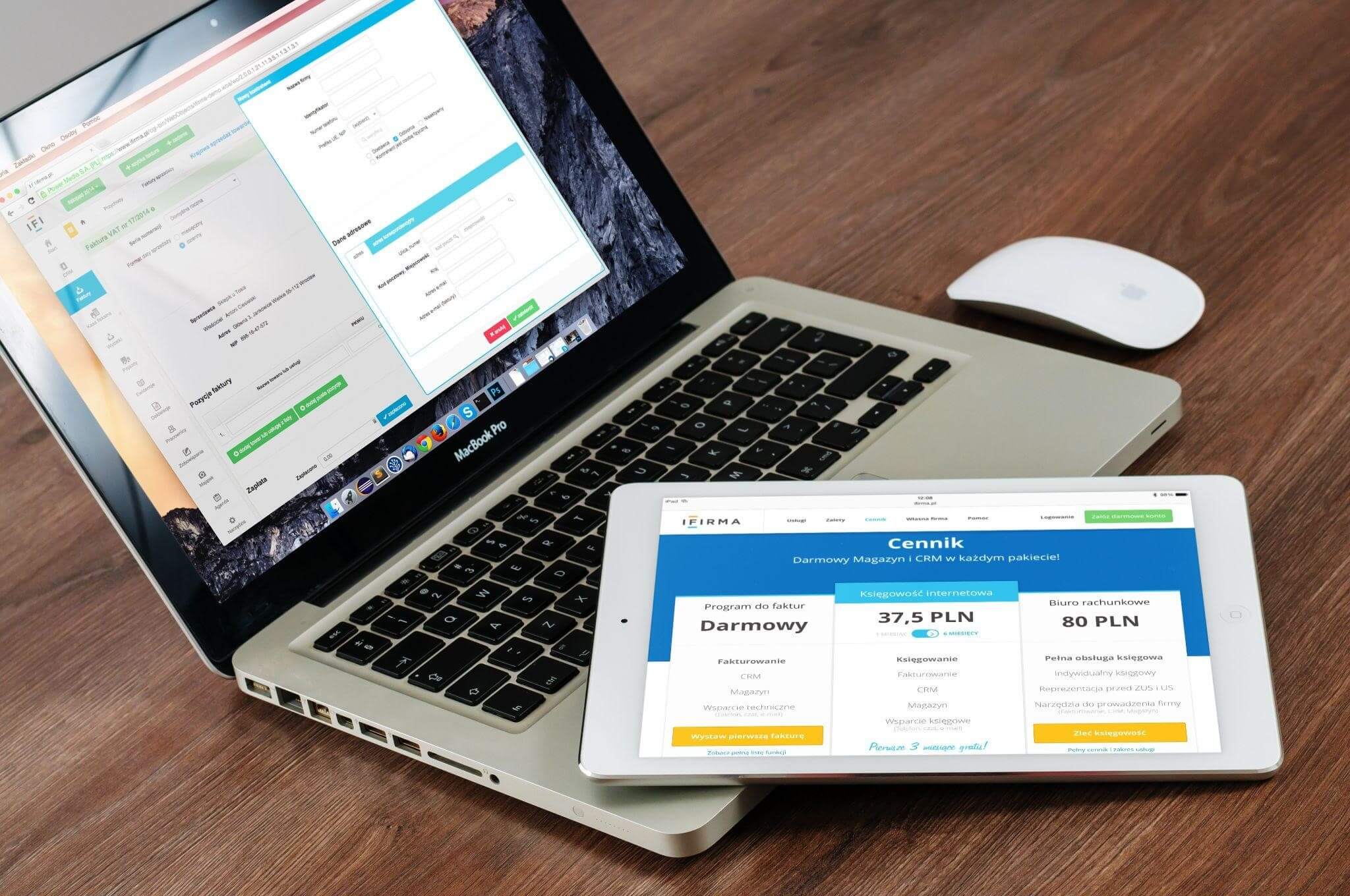
Managing Supplier Relationships with Spend Management
In today’s highly competitive business landscape, maintaining robust supplier relationships is critical for long-term success. Efficiently managing supplier relationships can lead to reduced costs, improved quality, and enhanced supply chain performance. This is where Spend Management and spend management platforms come into play, offering a powerful toolkit to streamline the process and achieve sustainable growth.
The Basics of Spend Management
Defining Spend Management
Spend Management is the practice of strategically controlling, analyzing, and optimizing an organization’s expenditures to maximize value and minimize costs. It encompasses various activities, including procurement, sourcing, contract management, and supplier performance evaluation.
The Role of Spend Management Platforms
The spend management platform involves specialized software solutions that help businesses collect, categorize, and analyze their spending data. These platforms provide invaluable insights into a company’s expenditures, enabling informed decision-making and efficient resource allocation. They are indispensable tools in managing supplier relationships effectively.
Understanding Supplier Relationships
Before delving into the specifics of Spend Management, it’s crucial to understand the significance of supplier relationships.
Importance of Strong Supplier Relationships
Supplier relationships are the backbone of a well-functioning supply chain. Businesses rely on suppliers for the timely delivery of raw materials, goods, and services. Strong supplier relationships can lead to benefits such as cost savings, improved product quality, and enhanced collaboration. In contrast, strained relationships can result in delays, disputes, and increased costs.
Types of Supplier Relationships
Supplier relationships can be categorized into three main types:
Strategic Relationships:
These involve long-term partnerships with key suppliers. Businesses collaborate closely with strategic suppliers to achieve mutual growth and innovation.
Tactical Relationships:
Tactical relationships are focused on short to medium-term objectives, such as reducing costs or improving efficiency. They are often transactional.
Operational Relationships:
These are day-to-day interactions with suppliers to ensure the smooth functioning of the supply chain.
The type of relationship may vary depending on the supplier’s role and the organization’s objectives.
Impact of Supplier Relationships on Supply Chain Performance
Effective supplier relationships positively impact supply chain performance in several ways. They enhance reliability, reduce lead times, and enable collaborative problem-solving. When suppliers are considered partners rather than mere vendors, supply chains become more agile and resilient.
The Key Components of Spend Management
To effectively manage supplier relationships, it’s essential to understand the key components of Spend Management and how they relate to supplier relationship management (SRM).
Spend Analysis
Spend analysis is the first step in Spend Management. It involves systematically categorizing and examining all expenditures. Accurate spending analysis provides insights into where the money is going and where cost-saving opportunities lie. Spend management platforms are invaluable in this process, as they can efficiently gather and categorize data, making it easier to identify areas for improvement.
Sourcing and Procurement
Efficient procurement is crucial for cost reduction and supplier relationship management. Spend management platforms can help businesses identify the best suppliers, negotiate favorable terms, and monitor supplier performance over time. These platforms provide data-driven insights to support decision-making.
Contract Management
Contracts are essential for managing supplier relationships. Effective contract management ensures that both parties understand their obligations and responsibilities. Spend management platforms facilitate contract creation and management, making it easier to track compliance and enforce terms.
Supplier Performance Evaluation
Evaluating supplier performance is an ongoing process in supplier relationship management. Key performance indicators (KPIs) help assess factors like on-time delivery, product quality, and responsiveness. Spend management platforms offer a centralized repository for performance data, enabling businesses to track and improve supplier relationships effectively.
Benefits of Using a Spend Management Platform
Utilizing a spend management platform offers a range of benefits for managing supplier relationships:
Cost Reduction
One of the most significant advantages of Spend Management is cost reduction. Spend analysis allows businesses to pinpoint areas of excess spending and implement cost-saving strategies. For example, a company might discover that consolidating suppliers can lead to bulk purchase discounts, ultimately reducing costs.
Enhanced Visibility
Spend management platforms provide transparency into spending patterns, supplier performance, and potential risks. This visibility is essential for effective supplier relationship management. When both parties have access to the same data, collaboration becomes more efficient, and disputes are less likely to occur.
Risk Mitigation
Managing supplier relationships also involves assessing and mitigating risks. Spend management platforms help identify potential supply chain disruptions and vulnerabilities, enabling businesses to proactively address these issues. This risk management capability is crucial for maintaining supplier relationships during challenging times.
Best Practices in Supplier Relationship Management through Spend Management:
To get the most out of Spend Management for supplier relationship management, organizations should follow best practices:
Collaboration with Suppliers
Effective collaboration with suppliers involves open communication and mutual trust. Businesses can use spend management platforms to share data and insights, fostering stronger partnerships. Collaborative approaches can lead to co-innovation and better problem-solving.
Continuous Improvement
Continuous improvement is a fundamental principle in supplier relationship management. Data collected through spend management platforms can be used to identify areas for improvement. By setting clear goals and using performance data, businesses can enhance their relationships with suppliers over time.
Data Security and Compliance
Data security and compliance are essential when managing supplier relationships through spend management platforms. Ensure that your platform complies with data protection regulations and has robust security measures in place to safeguard sensitive information.
Challenges and Solutions
While managing supplier relationships with spend management platforms offers numerous advantages, it’s not without its challenges. Common issues include resistance to change, data integration problems, and the need for ongoing training. However, these challenges can be addressed through effective change management strategies, robust data integration solutions, and comprehensive training programs.
Conclusion
Effective supplier relationship management is a cornerstone of business success. Leveraging spend management platforms can significantly enhance this aspect of business operations. Spend analysis, efficient procurement, contract management, and supplier performance evaluation are critical components of Spend Management that support better supplier relationships.
FAQS
1. What is the primary objective of Spend Management?
The primary objective of Spend Management is to strategically control, analyze, and optimize an organization’s expenditures to maximize value and minimize costs.
2. How can Spend Management platforms benefit supplier relationships?
Spend management platforms enhance supplier relationships by providing insights into spending patterns, enabling cost reduction, improving visibility, and mitigating risks.
3. What future trends can we expect in Spend Management for supplier relationship management?
Future trends in Spend Management include the use of AI and machine learning for data analysis, blockchain for transparency, and IoT for real-time data on inventory and supplier performance.




